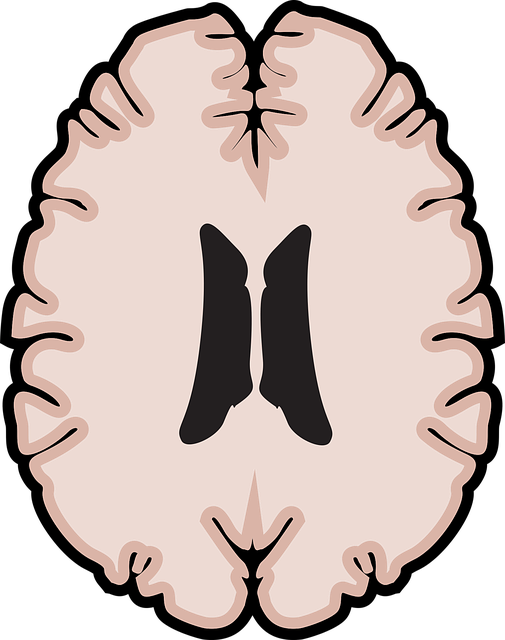Community outreach programs like Littleton Psychosis Therapy are vital for expanding accessible mental health support, addressing barriers to care through initiatives that reduce stigma and promote early intervention. Their success hinges on culturally sensitive practices, structured engagement with local communities, tailored program design, and continuous improvement based on data analysis. By fostering a sense of belonging and empathy, these programs enhance mental wellness outcomes over time.
Community outreach programs play a pivotal role in enhancing mental healthcare accessibility, especially in areas like Littleton Psychosis Therapy. This article delves into the multifaceted benefits and implementation strategies of such initiatives. We explore how these programs, by fostering connection and understanding, significantly impact mental health support. Furthermore, we provide a comprehensive step-by-step guide to effective implementation, offering valuable insights for professionals aiming to improve community well-being. Lastly, we discuss measuring success to ensure these programs deliver tangible outcomes.
- Understanding Community Outreach Programs: Their Role and Impact in Mental Health Support
- Implementing Effective Strategies: A Step-by-Step Guide for Littleton Psychosis Therapy
- Measuring Success: Evaluating the Outcomes of Community Outreach Programs for Better Mental Healthcare
Understanding Community Outreach Programs: Their Role and Impact in Mental Health Support

Community outreach programs play a pivotal role in extending mental health support to diverse populations, often reaching individuals who might otherwise face barriers to accessing care. These initiatives are designed to bring psychological services directly to communities, fostering a sense of belonging and accessibility. By implementing such programs, especially in areas like Littleton Psychosis Therapy, where there may be unique cultural or social dynamics, mental health professionals can offer tailored interventions.
These outreach efforts impact mental wellness by raising awareness, reducing stigma, and providing early intervention. The Mental Wellness Podcast Series Production, for instance, can engage communities through storytelling, offering valuable insights and resources. Cultural sensitivity is another key aspect; it ensures that mental healthcare practices are inclusive and respectful of diverse backgrounds, as discussed in the context of Cultural Sensitivity in Mental Healthcare Practice. Such initiatives not only enhance access to care but also contribute to a more supportive and informed community environment.
Implementing Effective Strategies: A Step-by-Step Guide for Littleton Psychosis Therapy

Implementing effective community outreach programs for Littleton Psychosis Therapy requires a structured approach that fosters connection and support. The first step is to identify target communities within Littleton, understanding their unique needs and cultural nuances. This involves engaging with local leaders, attending community meetings, and conducting surveys to gauge mental health concerns. Once identified, create tailored programs addressing specific issues, such as anxiety support groups or workshops on stress management.
Ensure successful implementation by prioritizing empathy building strategies for therapists. Regular training in risk assessment for mental health professionals is crucial to handle diverse cases effectively. Foster open communication through regular debriefing sessions and encourage therapists to build strong relationships with community members, promoting trust and accessibility. Incorporate feedback from participants and continually adapt programs to align with evolving needs, ensuring long-term sustainability and positive outcomes for Littleton Psychosis Therapy initiatives.
Measuring Success: Evaluating the Outcomes of Community Outreach Programs for Better Mental Healthcare

Measuring success is a crucial aspect of evaluating the outcomes of community outreach programs designed to enhance mental healthcare accessibility. Organizations implementing initiatives like Littleton Psychosis Therapy need robust systems in place to assess their impact. This involves tracking key performance indicators (KPIs), such as the number of individuals reached, engagement rates, and changes in mental health status post-program. By collecting and analyzing data, community outreach programs can identify what works best, pinpoint areas for improvement, and make informed adjustments to better serve their target populations.
A comprehensive evaluation strategy should also incorporate cultural sensitivity in mental healthcare practice and risk management planning for professionals. Understanding the unique needs and barriers faced by diverse communities enables more effective program design and delivery. Additionally, focusing on emotional well-being promotion techniques can lead to positive outcomes, fostering resilience and supportive environments that contribute to improved mental health outcomes over time.
Community outreach programs, such as those offered by Littleton Psychosis Therapy, play a pivotal role in enhancing mental healthcare accessibility and improving support systems. By implementing effective strategies, these initiatives can reach underserved populations, reduce stigma, and foster better outcomes. Measuring success through thorough evaluations ensures these programs remain impactful and adaptable to the evolving needs of communities they serve. This holistic approach to mental health care is key to creating a more inclusive and supportive society.











